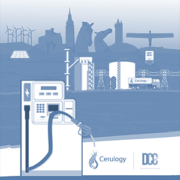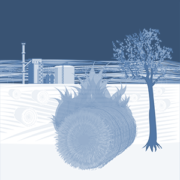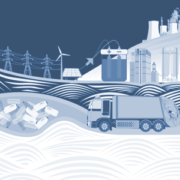Considerations for addressing indirect land use change in Danish biofuel regulation
This report for the Danish Energy Agency presents an overview and review of indirect land use change modelling, and provides a discussion of options for Denmark to adjust its biofuel policy to take further account of indirect land use change emissions.



 Cerulogy 2022
Cerulogy 2022





